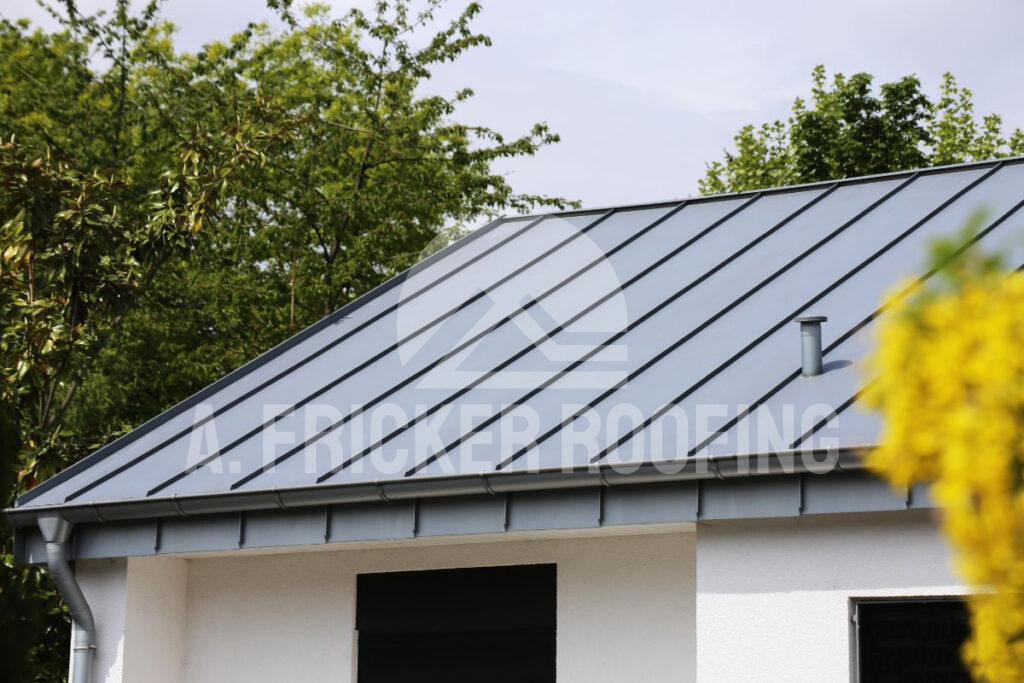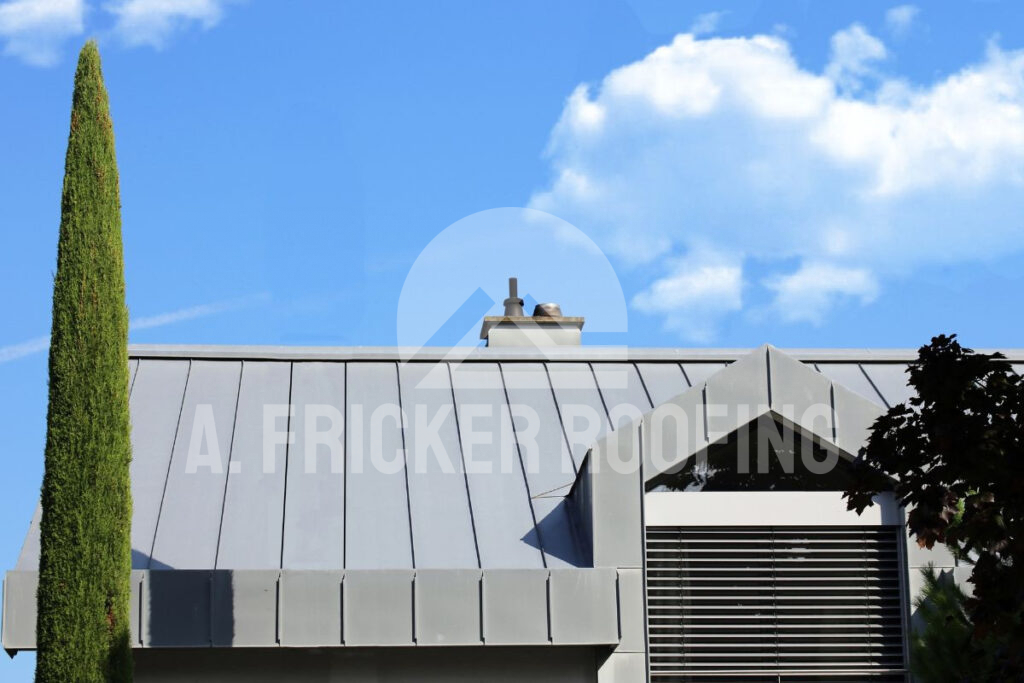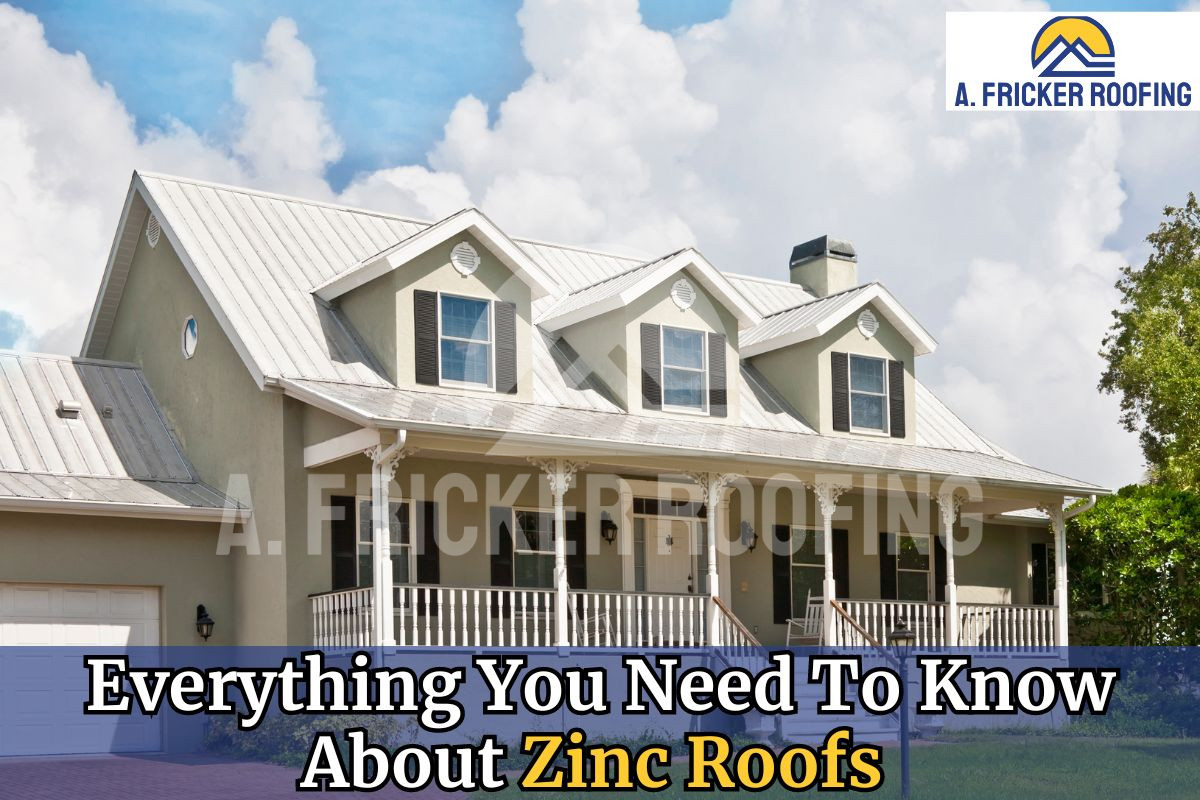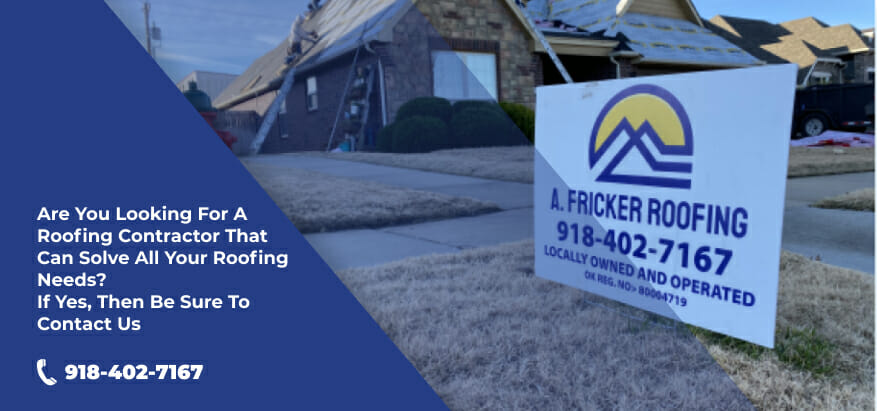When considering a metal roof for your home or commercial building, zinc might not be your first choice. In fact, zinc roofs are one of the least popular roofing materials in the U.S.
But you might be surprised to know that zinc is a specialty roofing material alongside copper and stainless steel, and are often custom-designed for each property. Zinc roofs come with many benefits, and their 100-year lifespan is one of them. And with increasing awareness of their advantages, zinc roofs are expected to grow in popularity exponentially within the coming years.
If you want to explore more about zinc roofs and their benefits, this blog post is for you. This article will discuss zinc roofing systems, their advantages, disadvantages, costs, and more. Continue reading for all the information you need.
What Is A Zinc Roof?
Though not very common in the roofing industry or for homes in the U.S., zinc is becoming a popular material for both residential and commercial properties. Zinc is a naturally occurring metal known for its exceptional rust and corrosion resistance properties.
In fact, homeowners sometimes use zinc powder to remove moss from their roofs, as it contains elements toxic to organic growth. Moreover, zinc roofs are fairly similar to copper in terms of installation cost, durability, and longevity. With an impressive lifespan of 100 years, zinc roofs are considered a long-term investment for property owners.
Besides their longevity, malleability, and durability, zinc roofs are self-healing, meaning they can mend themselves over time, even if they are scratched and dented. Dents on metal roofs are a common problem, but with a zinc roof, you can have peace of mind because of its self-healing nature.
Moreover, investing in a zinc roof today is a sustainable choice for the future. Because they are 100% recyclable at the end of their lifespan, zinc roof panels can be used to make other zinc products.
Advantages of a Zinc Roof

1. Impressive Lifespan
One of the key advantages of zinc is its lasting qualities. Even after decades of wear, zinc roofs maintain their elegance and charm. Moreover, their insect, corrosion, mildew, and moss-resistant properties all add to their durability and longevity.
If you wish to install a metal roof other than aluminum or steel, a zinc roof can be the right choice.
2. Durability And Longevity Second To Copper
Copper is believed to be the most durable and longest-lasting metal when installed correctly on a roof. It can withstand nature’s wrath for over 100 years and still be durable enough to be recycled for further use. However, its upfront costs are often the biggest pullback for homeowners. If you want the durability and longevity of copper but the price tag is a big concern, zinc is the best alternative.
Related: Copper Metal Roofs: Pros, Cons, Costs & More
3. Incredible Malleability
If not on a residential or commercial building, you might have seen zinc roofs installed on churches and complex structures. Its malleability and flexibility allow it to be shaped on any structure without compromising its durability.
4. Zinc Roofs, Like Copper, Develop A Patina Over Time
Zinc roofs develop a patina over time. A patina on the metal surface is a protective coating formed after years of oxidation. As the roof matures, a light gray-colored patina will develop over the roofing surface, creating a unique pattern. This layer protects the metal roof from deterioration, oxidation, and rusting. It also enhances the self-healing properties of the zinc roof and fills any scratches that develop over time. When damage or dents occur on the zinc roof panels, the surface reacts with air to form a protective layer.
5. Rust And Corrosion Resistant
Ever heard of a metal roof that defies rusting and corrosion? Zinc roofs are less reactive to water and weathering and therefore resist corrosion and rusting.
Disadvantages of a Zinc Roof
Like any other roofing material, zinc also comes with its own unique challenges. However, when properly installed and maintained, these disadvantages can be reduced.

1. Higher Installation Cost
One of the big disadvantages of zinc roofs is their higher installation cost. Both material and labor charges add up to make it a significant investment. Also, the availability of zinc roofs is often limited, which can increase its final installation cost. The cost is why most homeowners disqualify zinc roofs for their homes.
Also Read: What Is The Cost Of A Metal Roof In 2024?
2. The Patina Process Is Unpredictable
Zinc roofs are supposed to develop a patina, but you will likely have to wait for it. One of the shortcomings is that the patina process is highly dependent on the climate, so there is no guarantee that it will develop in any definite time frame. Depending on where you live, it may develop within a few years of installation and elsewhere it can take longer than that.
3. Chances of Corrosion If Poorly Installed
The performance and functionality of any roof highly depend on the quality of installation, and zinc roofs are no exception. The installation can either make or break your roof. So, when installing a zinc roof, make sure to work with roofing contractors that pay attention to every tiny detail. Even a loose screw can be enough to damage your roof. Zinc roofs, though less reactant to water and weathering, can corrode when combined with a non-compatible metal or improper installation techniques.
Related: Your Guide To Metal Roof Maintenance In 2024
How Much Does A Zinc Roof Cost?
When it comes to zinc roof installation, the cost depends on several factors: your location, the size and design of your roof, the complexity of your roof, the availability of materials, labor costs, the professionalism of installers, transportation of materials, and more.
Because of these determinants, the cost of a zinc roof isn’t one-size-fits-all. However, you can roughly note that a zinc roof can cost somewhere between $10 to $20 per square foot. Consult your local area roofing company for a detailed and calculated estimate.
Is A Zinc Roof Cheaper Than Copper?
Many homeowners find it difficult to choose between copper and zinc for their roofs. While aesthetics and functionality can help you identify the right material for your home, cost also plays an important role.
Though the final roof installation cost depends on the above-mentioned factors, the price of the material is also important. Considering material costs, in general, a copper roof is more expensive than a zinc roof. Copper roof installation can cost around $13 to $25 per square foot, which is slightly more expensive than a zinc roof. However, it is essential to keep in mind this price will fluctuate based on the size and complexity of your roof.
Contact Metal Roofing Experts In Tulsa, OK, For Your Roof Installation
Whether you want to install a zinc, copper, or aluminum roof, consult the professional roofers at A. Fricker Roofing and Waterproofing in Tulsa, OK. The roofers at our company can proficiently handle any metal roofing project, be it a new metal roof installation, complete roof replacement, or extensive roof repair. Contact us today at (918) 402-7167 and consult a roofing professional.

